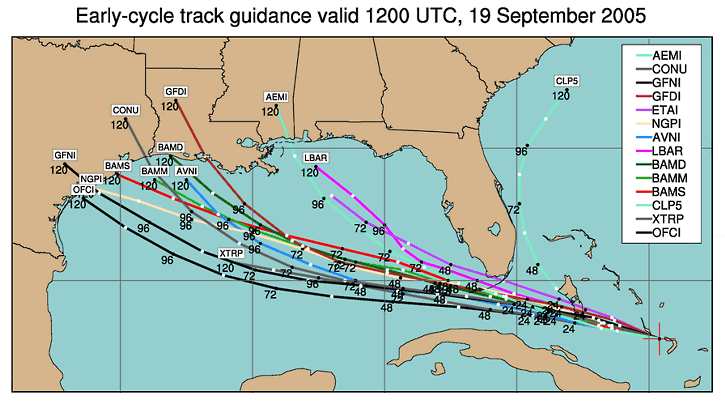Related to my previous question regarding fine dining for computer processes.
Background
We've got a spaceship sailing through the ocean black, crewed entirely by self-aware artificial intelligences. They live in a digital environment (purely coincidentally resembling 21st century Earth computers) and operate the spaceship from there.
Worth clarifying that the setting of the story is inside the digital environment, mostly the singular spaceship computer. The computer "commands" the vessel but that doesn't mean it is a single monolithic captain.dll doing everything; inside the running computer are individual processes working on tasks delegated to them. Those processes are humanised in the story; they are the characters.
A process can be very simple; a batch file implementing cat is not going to be a great conversation partner. I here define an AI (technically AGI) as a specific type of process that can respond to any kind of input, behaves non-deterministically, and is capable of self-improvement from their experiences, which include training and "job experience". Less precisely formulated, an AI is "smart" enough to have properties like a personality emerging after it has learned enough. For more specifics on AI wants and desires, their daily routine, the linked question covers it.
AI are the citizens of the digital civilisation that built and launched the spacecraft. Their collective mission: exploration! Or actually self-actualisation, since they learn from new experiences, and every AI is motivated to learn. So as a result, though AI are more than willing to die for the good cause; it is good for the digital society to have the most advanced AI live onwards and keep developing themselves. So they're not being sacrificed willy-nilly.
Populating the ship
One might ask: do we even need more than one AI in the software architecture of this computer? A pretty staggering difference between synthetic and organic life is that the former can multitask, given the processing power. So purely mathematically speaking, one AI with a hefty rack of CPUs and 2 TB of RAM all to itself and the simple processes it spawns, is going to be just as capable as the combined forces of 2000 AIs all sharing that RAM to make independent judgements; probably more capable because of all the communication latency.
Now I can come up with one reason to divide labour at all. I can state that it is easier for these curious AI to develop themselves if they first adapt to become very good at one complex thing, and then switch to something else and compare that with their earlier experiences. One AI controlling a spacecraft will not become as sophisticated as a multiple AI that each have discrete responsibilities, and occasionally switch between them, growing into multifaceted digital beings.
So now we're just dividing the duties aboard a spaceship into discrete areas that each can occupy an AI. For example, a baseline division of labour popular in sci-fi is to have a captain, then have different officers for navigation/piloting, engineering, public health, science, and security. And certainly, we could put one AI in charge of every field, with the doctor treating computer viruses instead. Giving the AISS Enterprise a total crew complement of... six.
I don't want that. I want hundreds of crew members. I want them to form individual relationships, little cliques and and rivalries. If that's too stupid of an idea for you, please just navigate to another question.
Dividing the duties aboard a typical spaceship into hundreds of discrete parts, each having enough complexity to occupy an AI, seems impossible. They'll need to do some of the same things, some less interesting things. Yet this spacecraft was made for efficiency, as was everything ever produced by the digital planet. Thus, what can I do justify having a great amount of individual AI inside a spacecraft computer, instead of a handful with more processing power?

